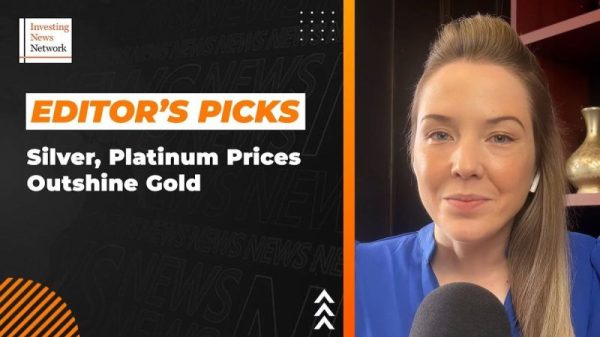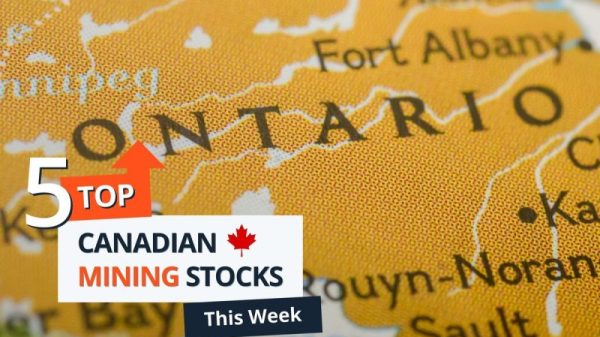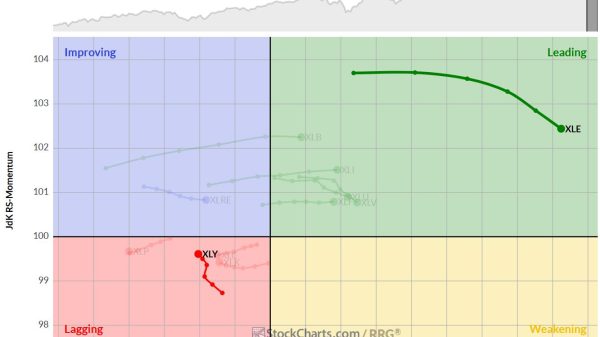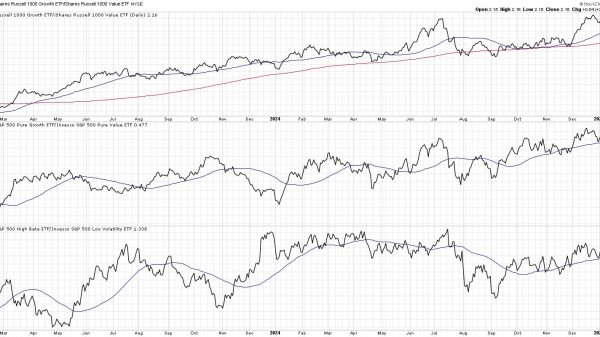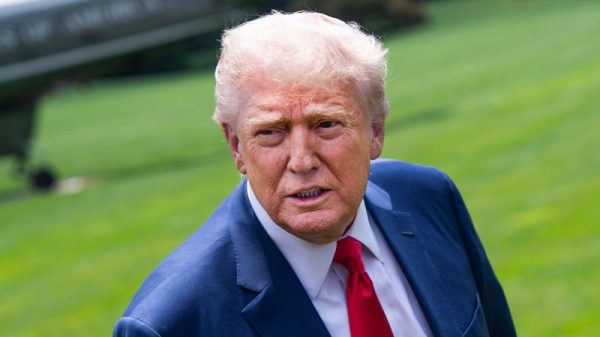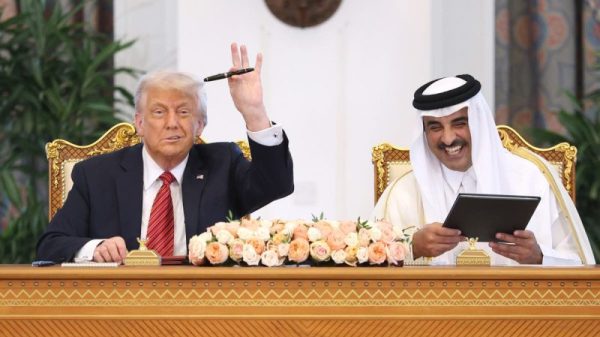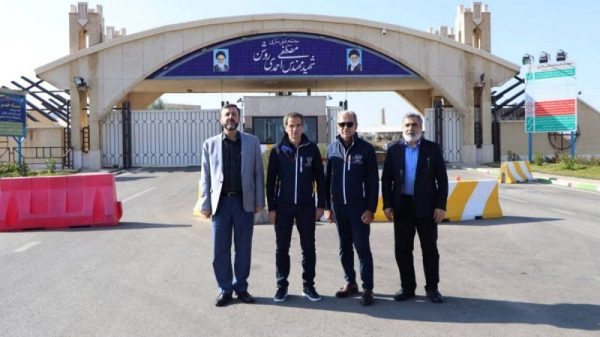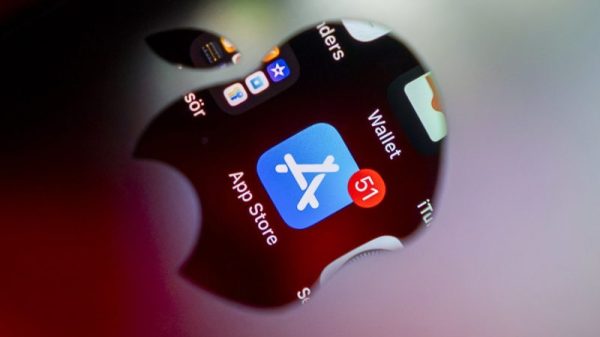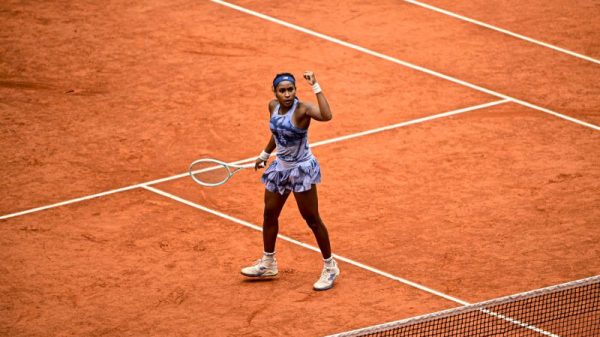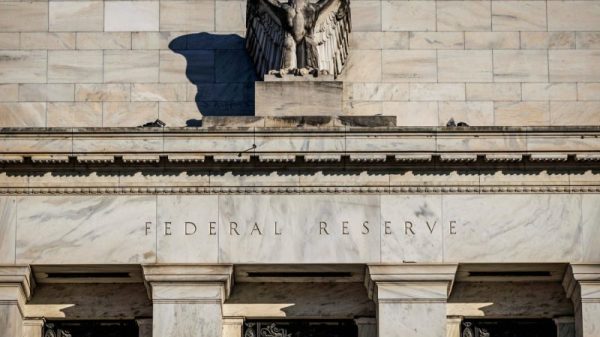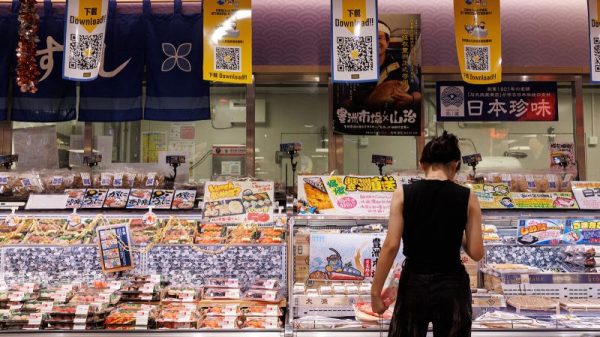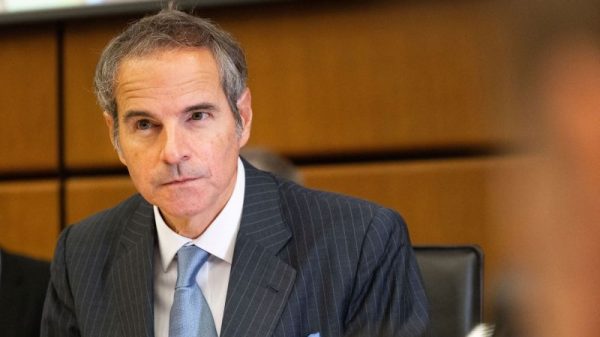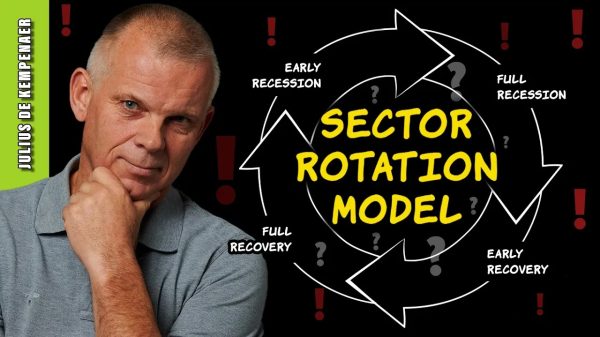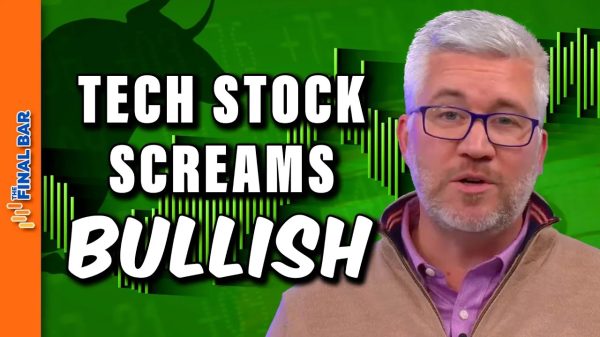In a throwaway line of green marketing for her country, Iceland’s Prime Minister Katrín Jakobsdóttir told the Financial Times in late March that her island in the mid-Atlantic should use its abundant energy not for bitcoin mining but for… growing corn(!).
In praising food sovereignty in a world of energy crises and supply chains and wars, she extended her current affairs talking-point bonanza by saying that “bitcoin is an issue worldwide,” that “data centres in Iceland use a significant share of our green energy,” and that under a new energy plan for the future, bitcoin would have no part in it.
We can learn a lot about trade, energy, agriculture, bitcoin mining, and political grandstanding from Ms. Jakobsdóttir’s statements, so let’s delve in.
First, if you haven’t understood what bitcoin does, how bitcoin mining machines (“ASICs”) secure the network, or why it matters to the world, any energy that its computers, mining machines, or hardware wallets consume will seem wasteful to you. But that’s beside the point: Western liberal democracies don’t allocate electricity according to the use cases that its current officials find useful, but instead let individuals pay for the needs that they find valuable — think about all that Netflix binging, gaming, or Christmas decorations, all of which consume similar amounts of electricity as global bitcoin mining does.
Second, the total electricity used by data centers in Iceland (only some of them mine bitcoin) was 1,169 GWh in 2021, about six percent of the country’s total usage, or slightly more than all households combined. That use is completely dwarfed by the energy elephant in the room: the aluminum industry. Something like two-thirds of the nation’s electricity (or 12,454 GWh, or 11 times all the data centers, or some 20 percent of all energy usage, the latter a metric which also includes heating and gasoline) is spent turning imported bauxite ore into aluminum for export. It’s pretty lucrative. The country’s three aluminum smelters contribute about as much to the Icelandic economy as its much more well-known and well-publicized tourism sector does.
That’s also why Daníel Jónsson, CEO of GreenBlocks, a bitcoin miner, opened his op-ed in Icelandic news outlet Visir that criticized Jakobsdóttir with the proposal of a (highly overbuilt) hydro plant in Ethiopia. Stranded energy and unused electricity are magnets for bitcoin miners, as they take electricity that can’t readily be used for other purposes and turn it into one of the world’s most liquid and globally transferable assets.
Jónsson observes that the principle is “not at all that different from the path that Iceland started in the 1960s, when [Icelanders] decided to build power plants and export electricity… for the aluminum industry.” While Icelanders may have much to say about geothermal plants and damming rivers, it’s undeniable that the Icelandic people live so well in part thanks to their successful export of electricity.
Bitcoin mining is just another way of doing the same thing: turning trapped energy, with few alternative uses, into something that the rest of the world wants to have.
Third, corn?! The central planning mindset involved here is astonishing. At 64 degrees north, in a rugged landscape with few flat surfaces or arable soil like the endless cornfields of the Midwest; where for eight months of the year nothing grows but glaciers and piles of snow; where the most naturally abundant resources are fish, waterfalls, and geothermal heat, you wish to grow corn?
Admittedly, just like endless money printers can allow any company, organization, or government to survive, endless electricity can make most things happen. Consequently, you can grow everything in Iceland, including local tomatoes — which litter the stores of Reykjavík — and figs and oranges and bananas — which don’t and instead grow at a university-run greenhouse an hour outside of town. (Turns out, Iceland has been growing bananas since the 1950s, though they never became commercially viable since the scant sunlight, even supplemented with artificial light, makes a banana plant ripe in about two years compared to a few months in South America or Africa.)
Fourth, the economic value of trade. In his book The Myth of the Rational Voter, George Mason University economist Bryan Caplan documents how one distinction between the public and those trained in economics is the degree of hesitation toward interacting with foreigners — specifically the value of foreign trade. While economists, blackboard style, start yapping about Ricardo or comparative advantage, ordinary citizens tend to think of localism, job losses, and offshoring.
Maybe a country’s banana-hungry population can be better supplied by growing them using abundant local electricity, even though the climate and winter’s sparse sunshine aren’t suited for it. Or perhaps one can get more, cheaper, and better fruits by shipping in bauxite ore from abroad, throw two-thirds of the nation’s electricity at it, ship the resulting aluminum abroad, and finally have other ships and planes return with fresh bananas and tomatoes.
The Financial Times journalists matter-of-factly added that “Iceland produces most of the animal products it consumes, but only 1 per cent of its cereals and 43 per cent of vegetables,” as if those were in any way relevant statistics. The same can be said about a city or a household (“…only produces about 1 per cent of its food consumption and 5 per cent of its vegetables, largely from its summer garden”); they carry zero economic meaning.
Take New York City. Despite the many community gardens and considerable effort by officials in recent years to support locally grown produce in the city, we can safely assume that only a pittance of food consumed in Manhattan each day is also grown there. No sane person thinks this is a problem. In integrated, monetary economies with easy access to transportation and international trade, those things no longer matter.
The economic system is counterintuitive in that way: what may seem to a casual observer to be utter madness can make complete sense. Is it better to grow apples locally or have them shipped from New Zealand? Should Iceland grow bananas, figs, and corn, or use the energy to supply some 2 percent of the world’s aluminum?
Despite Iceland’s “disastrous” shortfall in agricultural production, the country is well-supplied with cereals and vegetables all year round — just as NYC dwellers don’t lack fresh fruit and veg. The idea harks back to the Corn Laws debates from the 1800s, and after the victory of free trade, Britannia has explicitly relied on foreigners to feed her. Big deal.
Using economic calculations and the profits and losses that stem from the price system we can find out the answer to those questions: whether a company or operation makes a profit is the validation that the output was more highly valued by consumers than what went into making it.
But perhaps we can do both? An ASIC machine is little more than a noisy space heater with some hashing processes, converting almost all the electricity it consumes into heat. If Icelandic officials wanted to grow more tomatoes, bananas, or corn using the green electricity their land is so blessed with, they could simply plop a few ASICs in their greenhouses.
Imagine that: you’d get locally grown Icelandic veg and secure the world’s largest digital monetary network. Perhaps the block subsidy earned by these bitcoin miners could pay for a Bitcoin research staff at the Prime Minister’s office.




